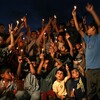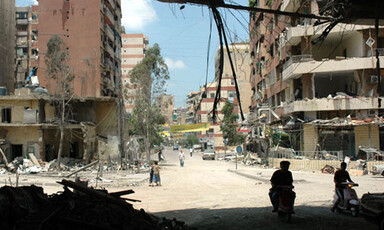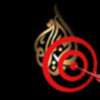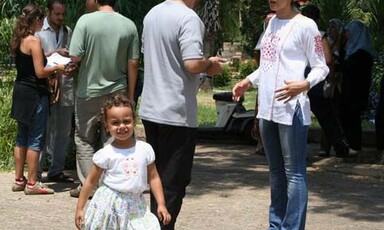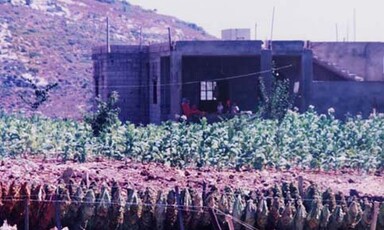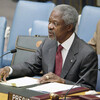
Annan calls for immediate end to conflict
20 July 2006
Secretary-General Kofi Annan called Thursday for an immediate halt to the escalating conflict between Israel and Lebanon’s Hezbollah militia but said there were “serious obstacles to reaching a cease-fire.” Annan addressed members of the Security Council during a meeting on the situation in the Mideast at United Nations headquarters in New York. He condemned Israel’s “excessive use of force” and collective punishment of the Lebanese people, saying it had triggered a humanitarian crisis. He urged the members of the Security Council to take firm action towards ensuring peace and stability in the Middle East region as mandated by the Charter of the United Nations. Read more about Annan calls for immediate end to conflict

